HOA Insurance Adjuster: Why Homeowners Associations Need Expert Support After Property Damage
.svg)
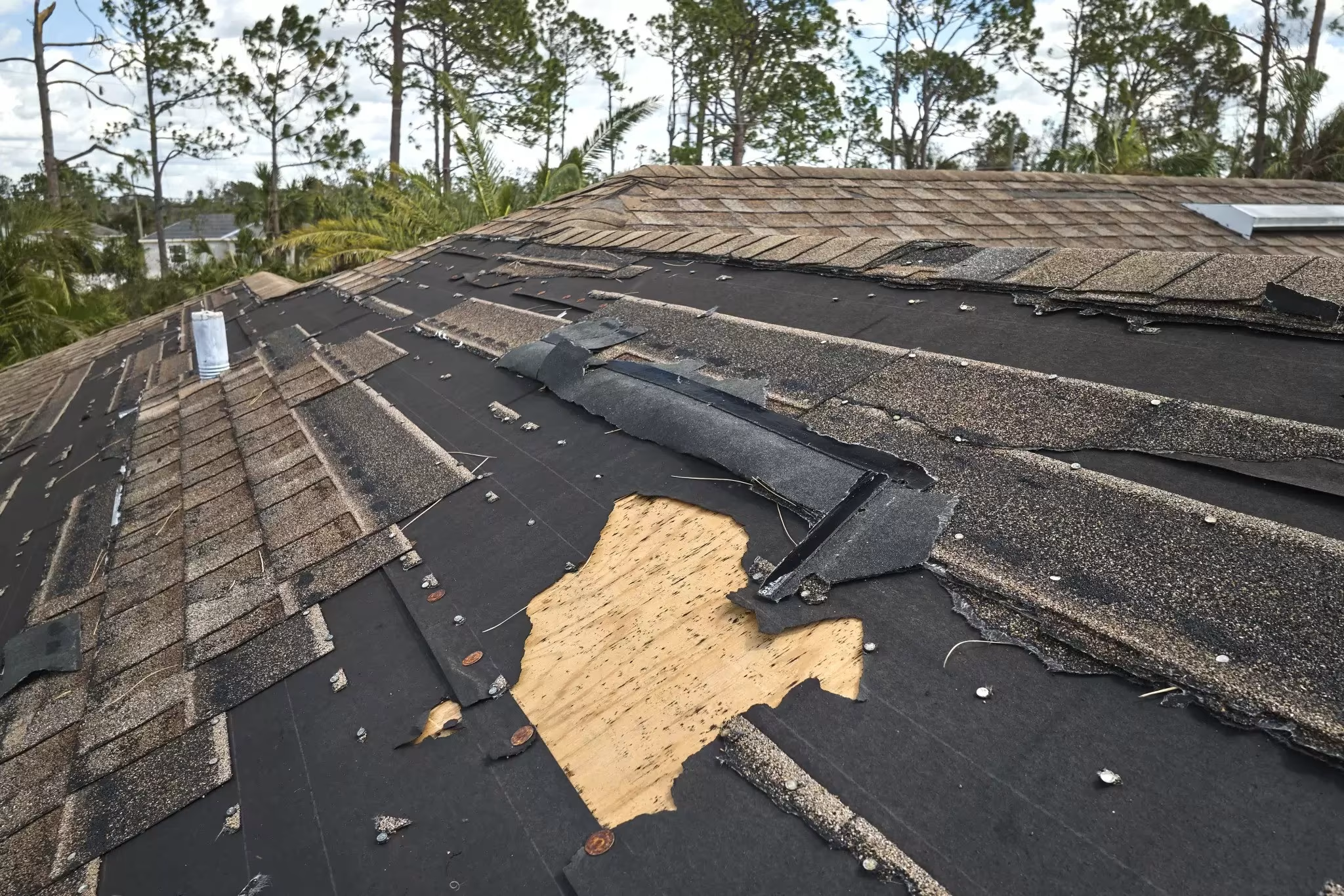
Why Homeowners Associations Rely on an HOA Insurance Adjuster After Property Damage
When damage strikes a community governed by a homeowners association—whether it’s a roofing failure, water intrusion, storm impact, fire, or structural deterioration—the insurance claim process becomes far more complex than a single-home loss. Unlike individual homeowners, HOAs are responsible for protecting shared assets that directly impact the safety, functionality, and value of dozens or even hundreds of properties.
This level of responsibility puts enormous pressure on board members who often serve voluntarily and may not have deep experience with insurance, construction, or property law. At the very moment residents are demanding answers, insurers are scrutinizing every detail of the claim, and mitigation crews are working on tight timelines, the HOA must navigate one of the most technical and sensitive processes it will ever face.
An HOA insurance adjuster steps in as the association’s dedicated advocate—someone who understands insurance policy language, common-area responsibilities, valuation standards, and the long-term effects that inadequate repairs can have on property values. They are not employed by the insurance company; they work exclusively for the association and negotiate a fair payout based on complete, detailed evidence.
Without professional guidance, insurers may attempt to shift costs, limit coverage, or categorize damage as insufficiently documented. With an HOA insurance adjuster, the association moves through the claim process with structure, accuracy, and expert strategy.
How an HOA Insurance Adjuster Documents Damage Across Shared Property Areas
HOAs oversee a wide range of shared systems and structures—features that are expensive, difficult to inspect, and vital for community functionality. When these areas are damaged, the insurer expects the HOA to present thorough, defensible documentation that supports every repair request. This is where many claims fall apart.
An HOA insurance adjuster conducts a full-scale evaluation designed to uncover both visible and hidden damage. Their assessment is far more detailed than what insurers typically perform, and it includes:
• Roofing systems, including underlayment, flashing, and ventilation
• Exterior walls, siding, stucco, and moisture barriers
• Shared plumbing lines, risers, and drainage systems
• Elevators, mechanical rooms, electrical panels, and HVAC units
• Clubhouses, gyms, pools, and other shared amenities
• Parking structures, lighting, walkways, and landscaped areas
• Moisture and mold issues that develop after leaks or storms
Because HOAs must justify repairs to shared areas that affect multiple homes, missing a single detail can dramatically reduce the payout or force the association to cover additional costs out of reserve funds.
A dedicated HOA insurance adjuster ensures the entire claim is documented with high-resolution photos, moisture reports, engineering evaluations, code compliance requirements, and complete repair estimates. This documentation becomes the foundation of a strong, defensible claim that clearly outlines the true scope of damage.
Why HOA Claims Are Frequently Disputed — and How an Adjuster Protects the Association
Insurance companies often push back on HOA claims because these losses are expensive. Restoring large buildings, shared mechanical systems, or extensive common areas can cost tens or hundreds of thousands of dollars. To limit payouts, insurers rely on several tactics:
They argue the damage is maintenance-related rather than sudden.
They attempt to shift responsibility onto individual homeowners.
They dispute engineering findings or request additional inspections to delay the process.
They approve minimal repairs instead of full restoration.
They underprice contractor labor and materials.
They apply deductibles incorrectly or interpret bylaws in a way that minimizes their coverage obligations.
For an HOA board, responding to these challenges can be daunting. The board must juggle resident expectations, legal obligations, and financial stewardship—all while navigating complex insurer pushback.
An HOA insurance adjuster levels the playing field by challenging every questionable decision. They use evidence, building codes, manufacturer standards, and policy language to dispute low valuations and incomplete assessments. Their role is not passive—they actively advocate, negotiate, and push the insurer toward a fair, accurate settlement that reflects the true cost of restoring the community.
How an HOA Insurance Adjuster Strengthens the Association’s Negotiation Position
The negotiation stage is where most associations lose substantial value. Insurers typically start with conservative estimates that may cover only a portion of needed repairs. They assume that board members lack industry knowledge and that pushing back will be difficult or time-consuming for the HOA.
An HOA insurance adjuster changes this dynamic entirely.
They compile a complete claim package—structural assessments, contractor estimates, code-required upgrades, moisture reports, and documented timelines—that forces the insurer to justify their numbers. When discrepancies arise, the adjuster responds with detailed reasoning grounded in industry standards and homeowner association law.
Their negotiation strategy is built to secure:
• Full replacement costs rather than partial patchwork repairs
• Coverage for hidden or secondary damage
• Code-compliant reconstruction
• Proper application of deductibles
• Correct interpretation of governing documents
• Fair compensation for interior damage caused by failures of shared systems
The result is a stronger, more defensible claim that significantly increases the payout compared to what an HOA would receive on its own.
Conclusion
An HOA insurance adjuster is an essential partner for associations navigating property damage. From detailed inspections and policy interpretation to negotiation and final settlement, they provide structure and expertise during one of the most stressful responsibilities an HOA can face. Their role protects the association’s finances, ensures the community receives the repairs it needs, and prevents insurers from taking advantage of gaps in documentation or understanding.
With expert support, HOA boards can move through the claims process confidently—knowing every detail is documented, every policy term is enforced, and every resident is protected from unnecessary financial burden.



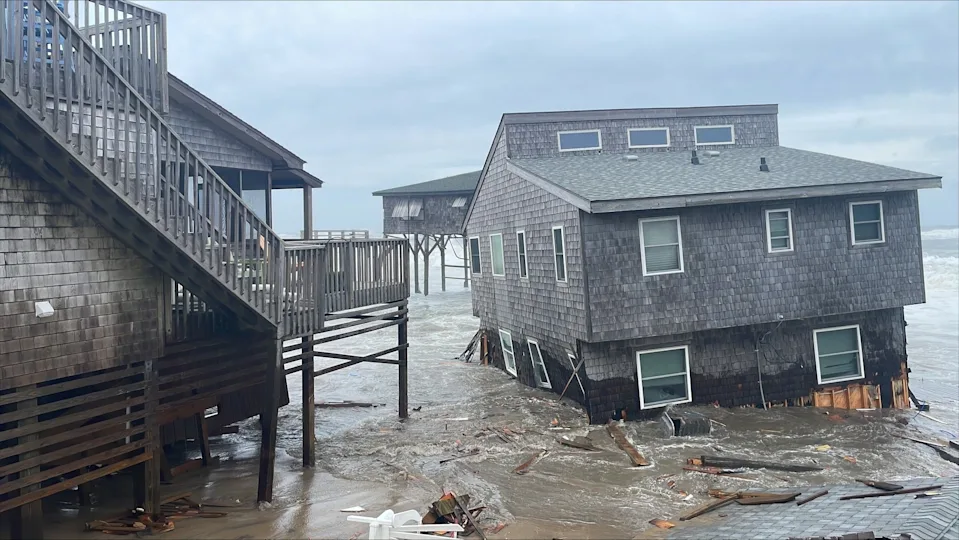
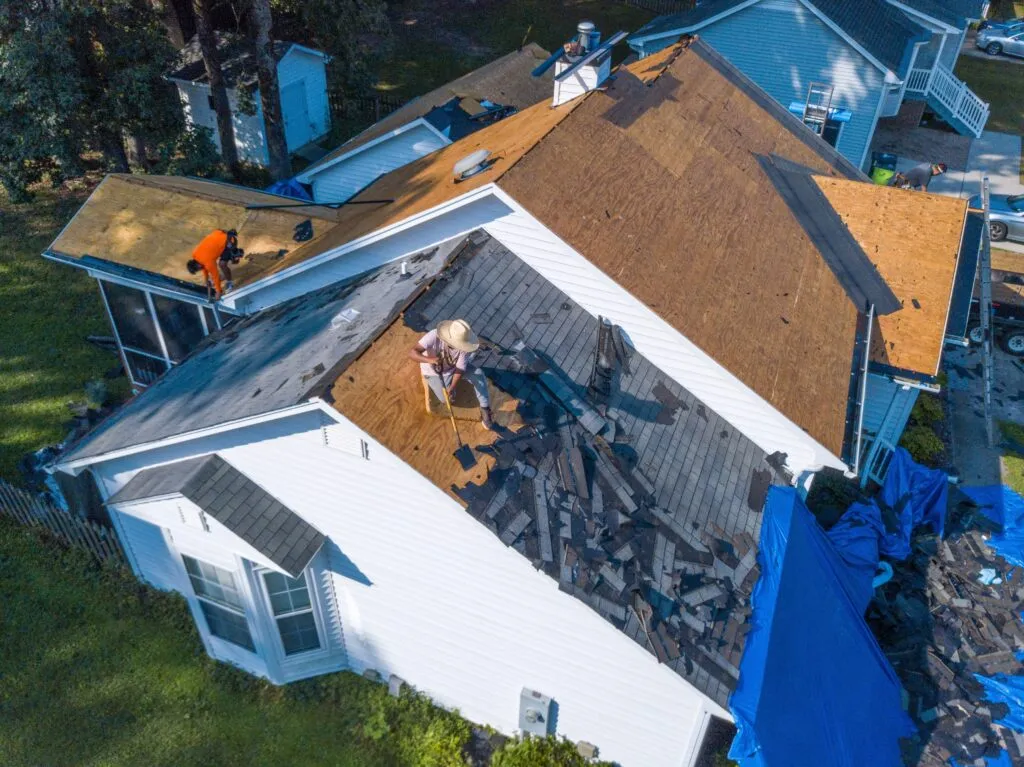

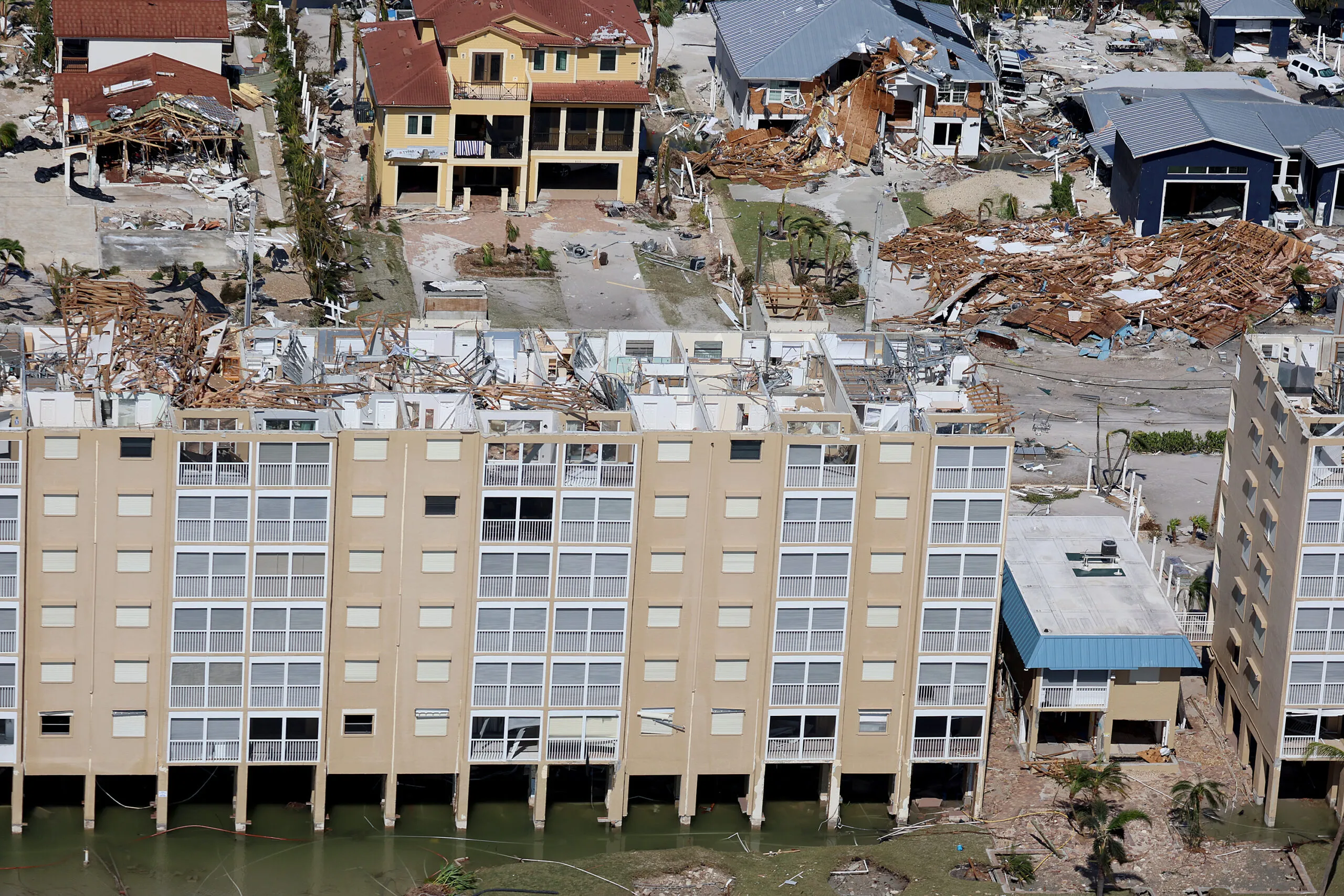
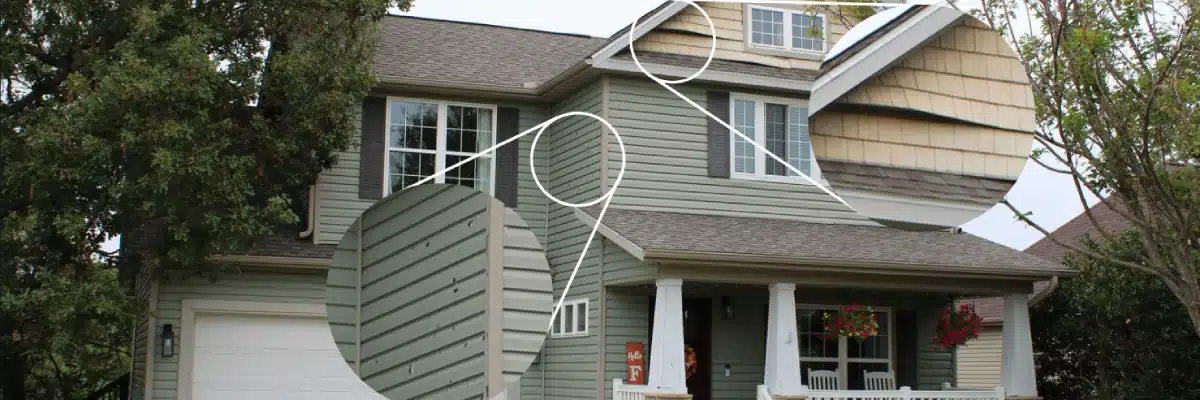
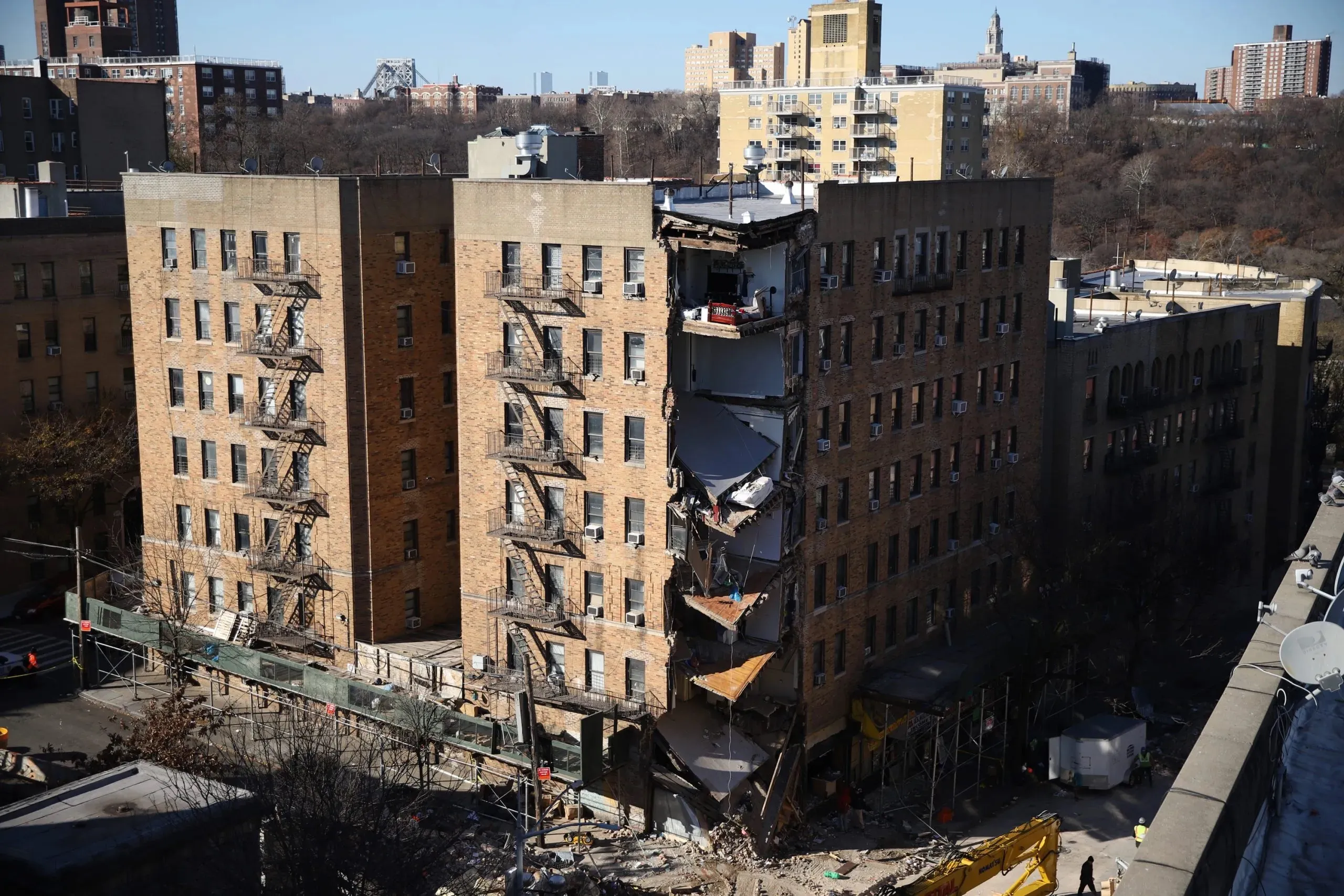
.svg)